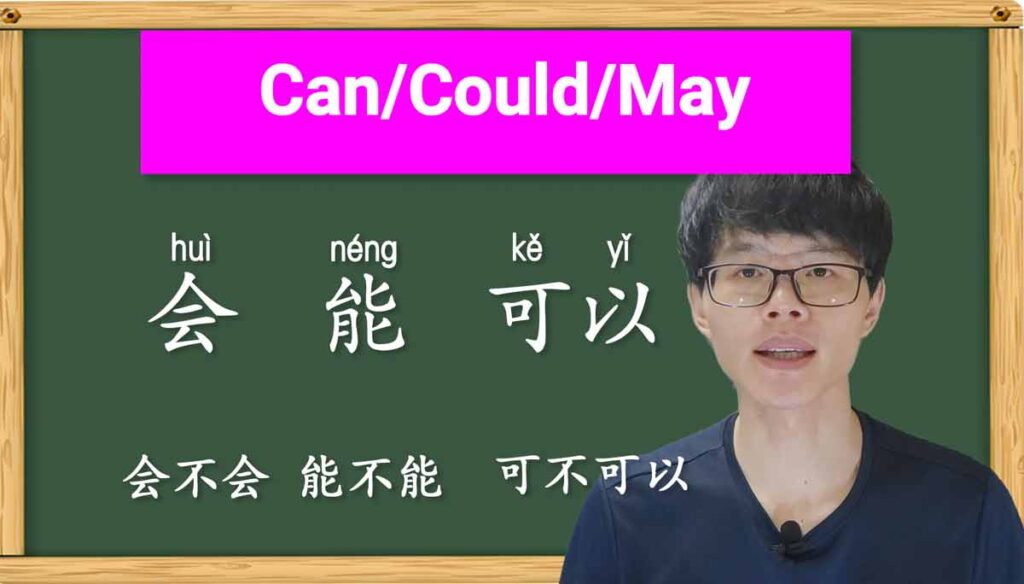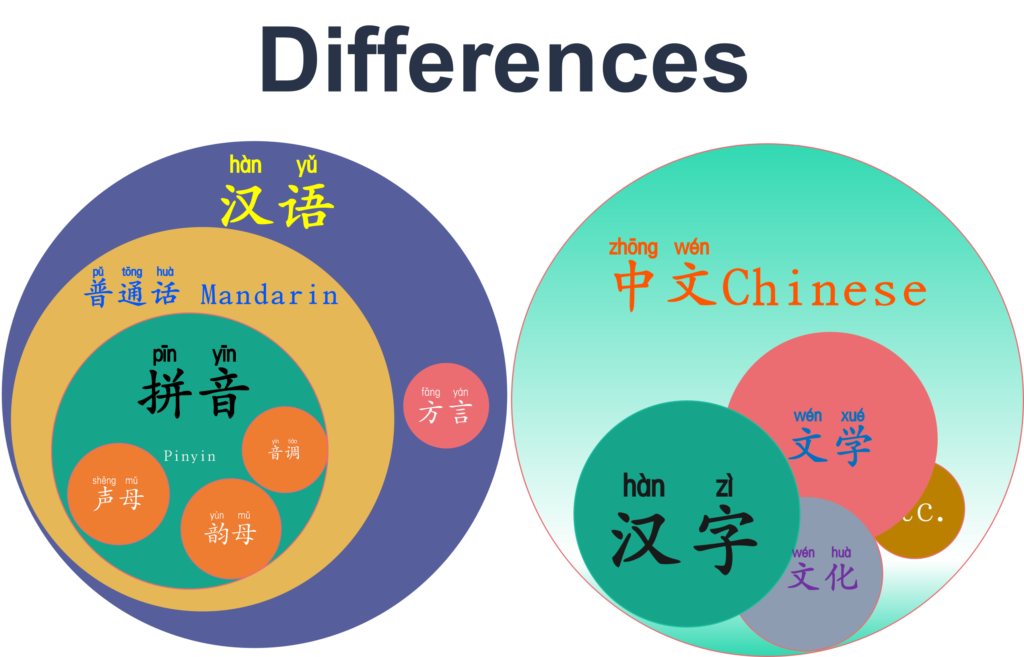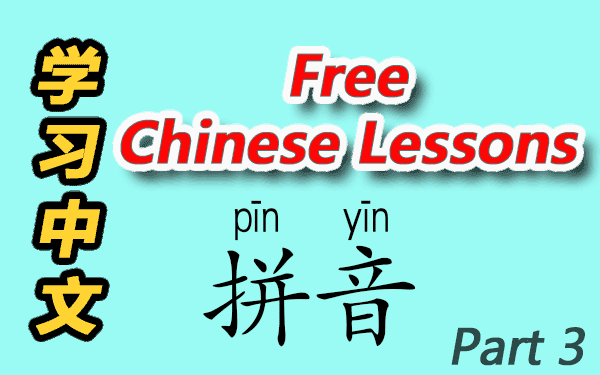For Chinese language beginners, you must want to know how to say family members in Chinese. Like, how to say father & mother in Chinese, how to say brother & sister in Chinese, how to say grandmother & grandfather in Chinese, and how to say uncle & aunt in Chinese.

Family members in Chinese
| Family members in Chinese | Family members in English |
|---|---|
| 爸爸 | dad or father |
| 妈妈 | mom or mother |
| 哥哥 | elder brother |
| 弟弟 | younger brother |
| 姐姐 | elder sister |
| 妹妹 | younger sister |
| 伯伯 | uncle (father’s elder brother) |
| 叔叔 | uncle (father’s younger brother) |
| 舅舅 | uncle (mother’s brother) |
| 姑姑 | aunt (father’s sister) |
| 阿姨 | aunt (mother’s sister) |
| 爷爷 | grandfather (father’s father) |
| 奶奶 | grandmother (father’s mother) |
| 外公 | grandfather (mother’s father) |
| 外婆 | grandmother (mother’s mother) |
father: 爸爸 or 父亲
mother: 妈妈 or 母亲
To say “father”, we will use “爸爸” or “父亲” in Chinese. And to say “mother” we will use “妈妈” or “母亲” in Chinese.
Differences between 爸爸 and 父亲 / 妈妈 and 母亲
Actually, “爸爸” is like “dad” in English, and “妈妈” is like mom. They’re used in spoken language. And if it’s for official usage of “father” and “mother”. Then you should use 父亲 or 母亲. Especially the document certificate, like, as birth certificates, contracts, and other law-related documents.
Family members’ differences between the Chinese and English language
In English, there’s no specific name to say brothers, sisters, aunts and uncles. However, the Chinese language has a very specific name for family members. Like, father’s side, mother’s side and the order.
That said, In Chinese, we use more specific family members’ names than in English.
As for family members’ orders, we will use numbers to describe them. For the eldest one we will use “大”, which means “big”.
for examples:
eldest brother (大哥), eldest sister (大姐), father’s eldest sister (大姑), father’s eldest brother (大伯), mother’s eldest brother (大舅), mother’s eldest sister (大姨)
Similarly, for the youngest one, we will use “小”, which means “little”.
Youngest brother (小弟), youngest sister (小妹), father’s youngest sister (小姑), father’s youngest (小叔), mother’s youngest brother (小舅), mother’s youngest sister (小姨)
For others, we will use numbers directly, 二(second), 三(third), 四(fourth), 五(fifth), or something like that. Like 二哥(2nd elder brother), 二伯(2nd father’s elder brother), 五叔(5th father’s younger brother).
In Chinese culture, the father’s side are more important than the mother’s side, or men than women.
六舅(6th mother’s brother), 三姑(3rd father’s sister ), 四姨(4th mother’s sister). As you can see, We will ignore the elder or younger when speaking of the father’s sisters, and mother’s side brothers & sisters.
In a word, father’s sisters and mother’s side brothers & sisters, we won’t consider elder or younger. Only the father side uncle need to consider elder or younger. Keep that in mind!
Another difference is the grandmother & grandfather. In English, no matter if it’s the mother’s father or father’s father, all use grandfather, with no specific name.
But in Chinese, we use 爷爷 to say father’s father, use 奶奶 to say father’s mother. And we use 外公 to say mother’s father, use 外婆 to say mother’s mother. Speaking grandmother & grandfather more specific than in English.
NOTE: 叔叔 and 阿姨 are the most frequently used when you meet someone who is older than you but they’re not your relatives at all. Especially when you need help from a stranger you met.
Here is the family tree/members in Chinese song, sing along with me at the end of my YouTube video. And don’t forget to subscribe to my channel.
爸爸的爸爸叫什么
爸爸的爸爸叫爷爷
爸爸的妈妈叫什么
爸爸的妈妈叫奶奶
爸爸的哥哥叫什么
爸爸的哥哥叫伯伯
爸爸的弟弟叫什么
爸爸的弟弟叫叔叔
爸爸的姐妹叫什么
爸爸的姐妹叫姑姑
妈妈的爸爸叫什么
妈妈的爸爸叫外公
妈妈的妈妈叫什么
妈妈的妈妈叫外婆
妈妈的兄弟叫什么
妈妈的兄弟叫舅舅
妈妈的姐妹叫什么
妈妈的姐妹叫阿姨
















books in ancient times was papyrus